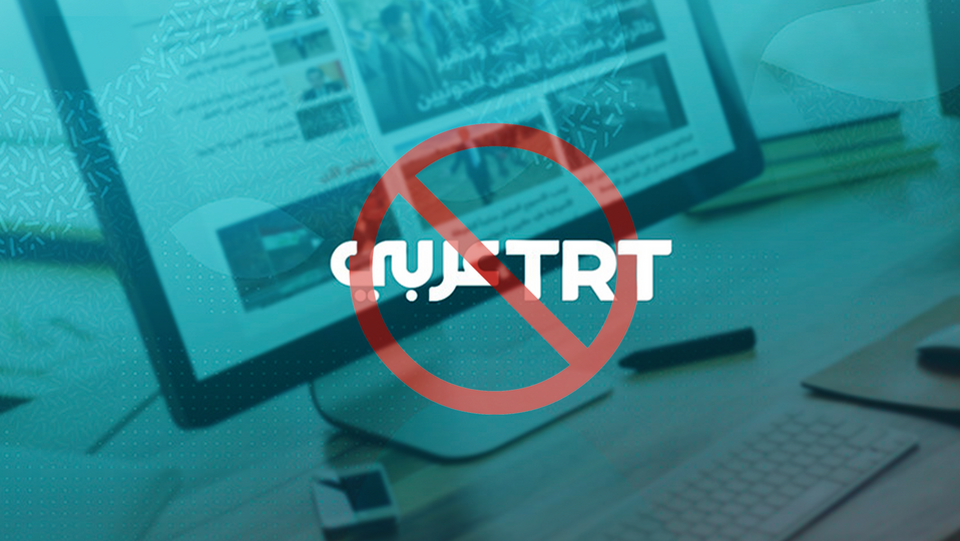
Following the death of Egypt’s first democratically elected president Mohammed Morsi (67) in a Cairo courtroom on Monday, access to the websites of the Anadolu Agency (AA) and TRT Arabi across Egypt was blocked.
While there has been no explanation from the authorities, the internet pages of both institutions cannot be accessed.
Morsi was the first democratically elected president of Egypt following Arab Spring protests against the Western-backed government of Hosni Mubarak and the military regime.
He was subsequently removed from power in a bloody coup led by Abdel Fattah el Sisi, who would go on to become Egypt’s president in a disputed election.
TRT Arabi readers took to social media to protest the blockade.
Some readers were, however, able to bypass the blocks by using Virtual Private Networks (VPN) and proxies.
Curbs on media
In previous years, Egyptian authorities have blocked hundreds of websites and news sources, in what Egyptian and international human rights agencies describe as part of a wider policy to restrict freedom, repress dissent, and limit access to information.
The number of blocked platforms and websites in Egypt is on the rise, with over 500 banned websites and counting.
The ban list includes news websites, blogs, as well as VPN and proxy service providers offering unrestricted and secure access to the internet without fear of surveillance.









Discussion about this post